Testimonies from Serbs arrested Monday
The Serb judicial workers in Kosovska Mitrovica, arrested by KFOR and UNMIK Monday, spoke about their ordeal to the BBC.
Friday, 21.03.2008.
17:04

The Serb judicial workers in Kosovska Mitrovica, arrested by KFOR and UNMIK Monday, spoke about their ordeal to the BBC. They spoke the to the television's reporter in northern Kosovo, to say that the reason for their arrest was not given, but that they were treated like criminals, again with no explanation. The whole episode left them feeling "very humiliated", they said. Testimonies from Serbs arrested Monday The raid to arrest the Serb judicial workers, at dawn Monday, March 17, in the northern part of the divided Kosovo town, sparked serious clashes between UN and NATO forces on the one, and Serb civilians on the other side. The turmoil ended with the death of one Ukrainian policemen, one Serb who is still in a coma and on life support, and nearly 130 wounded on both sides. The judges and other judicial staff protested peacefully for three weeks prior to Friday, March 14, when they broke an UNMIK police cordon to enter the building housing the municipal and district courts. They were trying to draw attention to the fact that they have been sacked from their jobs and barred from entering the courthouse since August 1999, shortly after the Serbian security forces withdrew and NATO and UN took over the province. Before the UNMIK-KFOR storming of the building Monday, the workers say they took turns staying inside the court. The Municipal Court President, Branka Semenov, stayed at home the night before the raid. "Around five o'clock in the morning, I can't pinpoint the exact time, one of the workers called me and said only, 'They're here". I was in my jumpsuit, with the telephone on my pillow, and only managed to stop a car in the street, got inside and told the man, 'drive to the courthouse, they are attacking the courthouse'." "People tried to stop me from entering, because arrests were ongoing inside, but our workers were there and I felt the need to be with them. When I got near them [UNMIK and KFOR troops], they tied my hands. I have an injured arm and I asked them to tie my hands in front, but they wouldn't, they tied them behind my back. They told me to sit on the floor, where everyone else was sitting. So I did. They then told me, get up, go to the wall; I went there, then they say, now go to the other wall…" Semenov says UNMIK policemen were sitting around the judicial workers, who were on the floor with their hands tied, with rifles pointed at them. After more than an hour, they started taking them to jeeps outside and driving them through the southern, Albanian-inhabited part of Kosovska Mitrovica. "They were driving toward Vucitrn, and then back, promenading us through southern Mitrovica. I have no idea what that was supposed to mean, except to exert pressure on us. After that they stopped in front of the Smrekovnica prison, to finally take us to the District Prison in Pristina. Once we were inside, we could see there wasn’t a single UN policeman, We all entered one room, with hands handcuffed. They treated us like animals," Semenov said. She stresses that the women who were arrested were particularly harassed by female members of the Kosovo police, KPS. "If one of the women needed to go to the toilet, the policewomen would put on surgical gloves and take us there, and then ask us to remove our shoes. They hurled anti-Serb ethnic slurs at us, and threatened, 'You'll see what we'll do to you tonight'." Deputy District Prosecutor in Kosovska Mitrovica Nenad Trifunovic, who was also arrested, told the BBC about his ordeal after arriving in Pristina. "I gave my personal data, they fingerprinted me, photographed me, as is usually done everywhere. They asked me just one question: what was I arrested for? I said that I did not now, and I do not know it still." "I wish to stress one thing, as a professional: every law on criminal proceedings and every international act guarantees the rights of persons placed under arrest, it says everywhere that the organ that places someone under arrest must immediately let them know about the reasons for the arrest. I have not heard those reasons during the ten hours that I was arrested or detained, as you wish," Trifunovic says. After all that has taken place, the Serb judicial workers says they will continue with their peaceful protests in front of the court in Kosovska Mitrovica. International forces arrest a Serb woman in Kosovska Mitrovica Monday (Beta)
Testimonies from Serbs arrested Monday
The raid to arrest the Serb judicial workers, at dawn Monday, March 17, in the northern part of the divided Kosovo town, sparked serious clashes between UN and NATO forces on the one, and Serb civilians on the other side.The turmoil ended with the death of one Ukrainian policemen, one Serb who is still in a coma and on life support, and nearly 130 wounded on both sides.
The judges and other judicial staff protested peacefully for three weeks prior to Friday, March 14, when they broke an UNMIK police cordon to enter the building housing the municipal and district courts.
They were trying to draw attention to the fact that they have been sacked from their jobs and barred from entering the courthouse since August 1999, shortly after the Serbian security forces withdrew and NATO and UN took over the province.
Before the UNMIK-KFOR storming of the building Monday, the workers say they took turns staying inside the court.
The Municipal Court President, Branka Semenov, stayed at home the night before the raid.
"Around five o'clock in the morning, I can't pinpoint the exact time, one of the workers called me and said only, 'They're here". I was in my jumpsuit, with the telephone on my pillow, and only managed to stop a car in the street, got inside and told the man, 'drive to the courthouse, they are attacking the courthouse'."
"People tried to stop me from entering, because arrests were ongoing inside, but our workers were there and I felt the need to be with them. When I got near them [UNMIK and KFOR troops], they tied my hands. I have an injured arm and I asked them to tie my hands in front, but they wouldn't, they tied them behind my back. They told me to sit on the floor, where everyone else was sitting. So I did. They then told me, get up, go to the wall; I went there, then they say, now go to the other wall…"
Semenov says UNMIK policemen were sitting around the judicial workers, who were on the floor with their hands tied, with rifles pointed at them.
After more than an hour, they started taking them to jeeps outside and driving them through the southern, Albanian-inhabited part of Kosovska Mitrovica.
"They were driving toward Vučitrn, and then back, promenading us through southern Mitrovica. I have no idea what that was supposed to mean, except to exert pressure on us. After that they stopped in front of the Smrekovnica prison, to finally take us to the District Prison in Priština. Once we were inside, we could see there wasn’t a single UN policeman, We all entered one room, with hands handcuffed. They treated us like animals," Semenov said.
She stresses that the women who were arrested were particularly harassed by female members of the Kosovo police, KPS.
"If one of the women needed to go to the toilet, the policewomen would put on surgical gloves and take us there, and then ask us to remove our shoes. They hurled anti-Serb ethnic slurs at us, and threatened, 'You'll see what we'll do to you tonight'."
Deputy District Prosecutor in Kosovska Mitrovica Nenad Trifunović, who was also arrested, told the BBC about his ordeal after arriving in Priština.
"I gave my personal data, they fingerprinted me, photographed me, as is usually done everywhere. They asked me just one question: what was I arrested for? I said that I did not now, and I do not know it still."
"I wish to stress one thing, as a professional: every law on criminal proceedings and every international act guarantees the rights of persons placed under arrest, it says everywhere that the organ that places someone under arrest must immediately let them know about the reasons for the arrest. I have not heard those reasons during the ten hours that I was arrested or detained, as you wish," Trifunović says.
After all that has taken place, the Serb judicial workers says they will continue with their peaceful protests in front of the court in Kosovska Mitrovica.


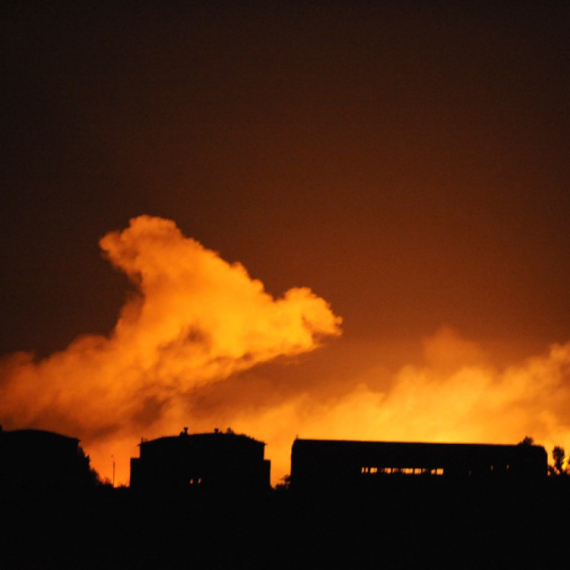
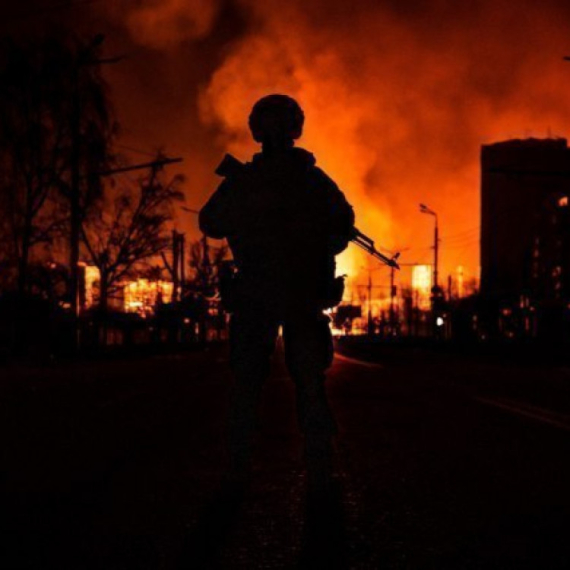
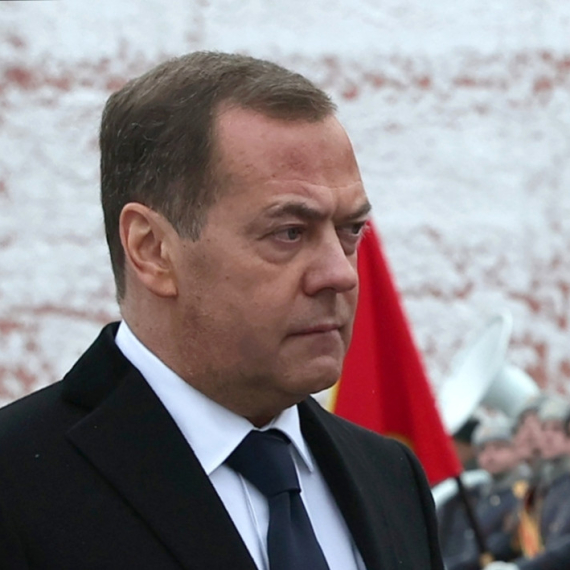

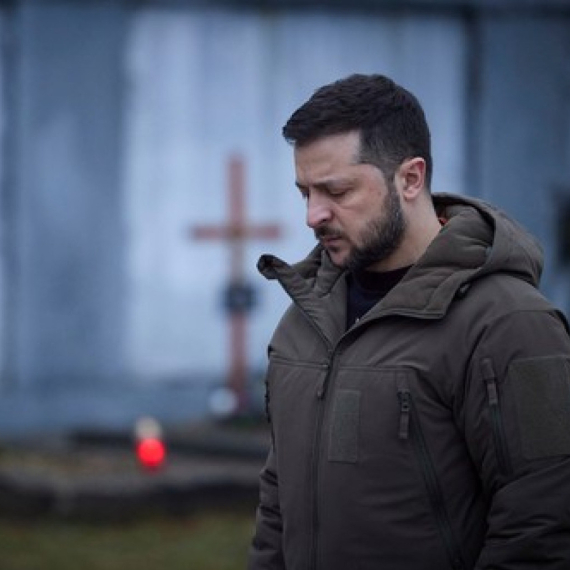




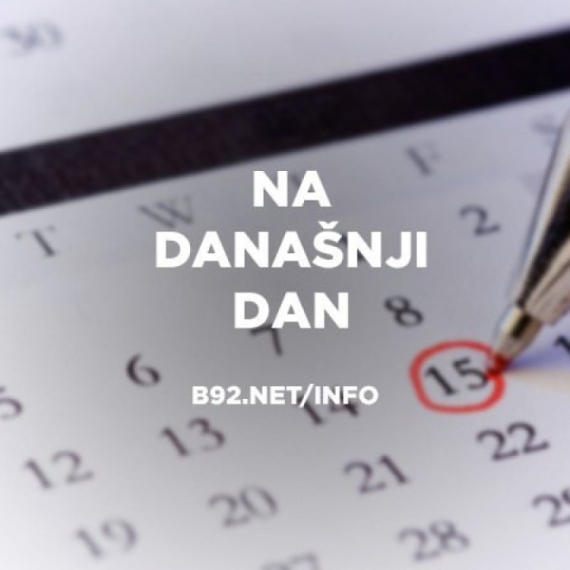


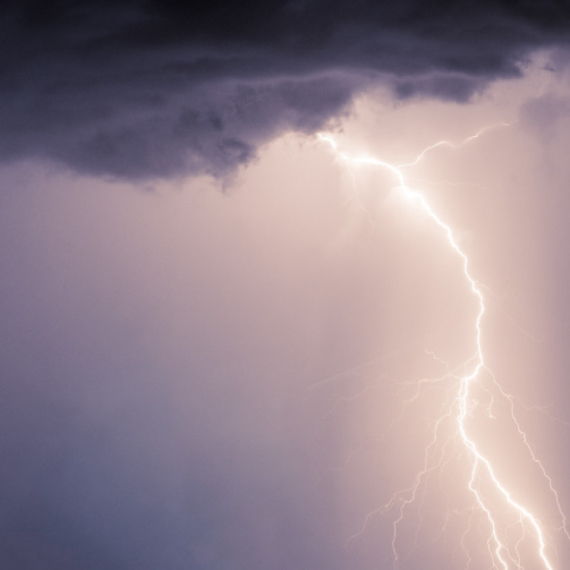


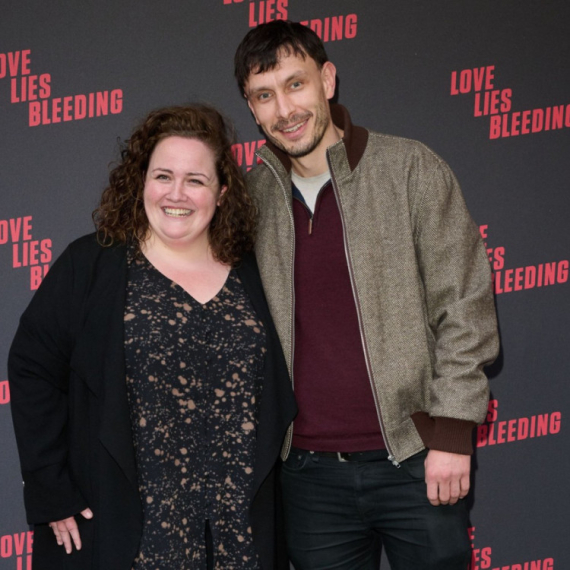












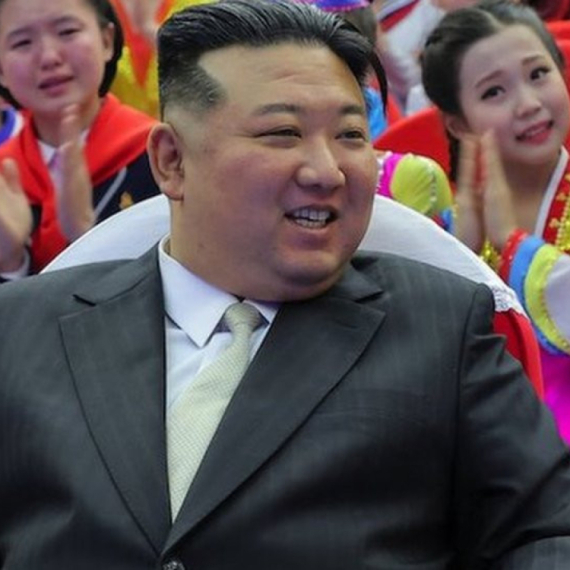
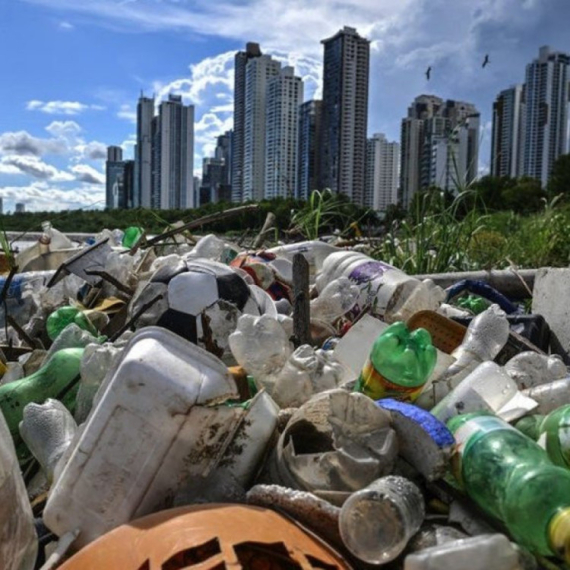
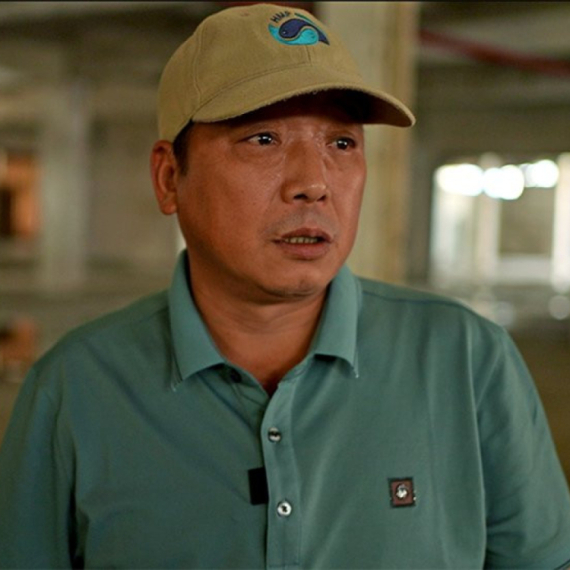

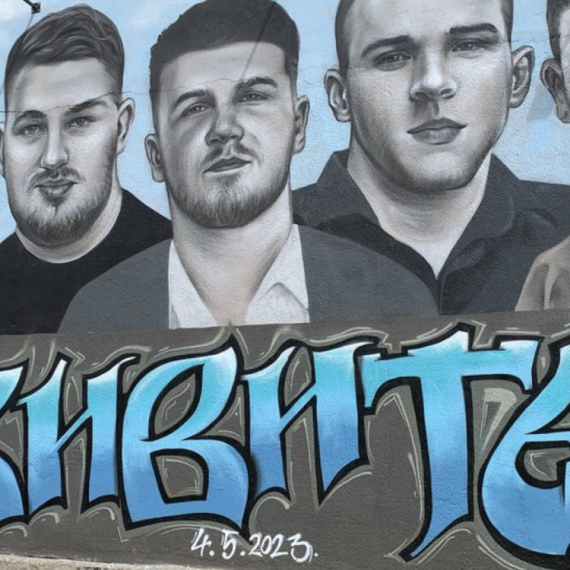

Komentari 13
Pogledaj komentare